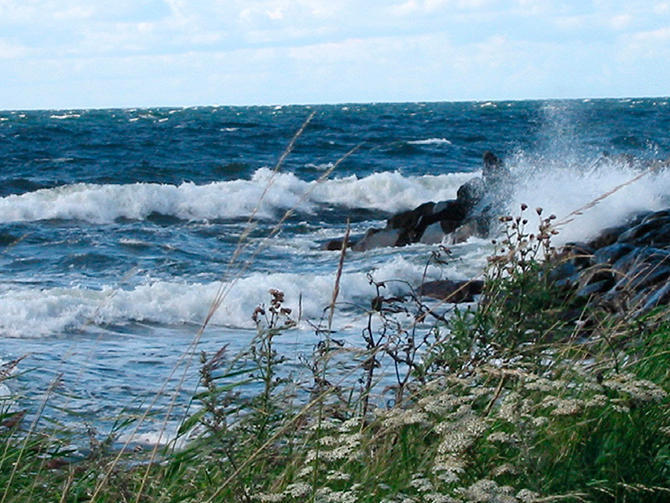Bachelor
Meteorology and Oceanography, Bachelor's, 3 years
- Years3 Years
- ECTS credits180
Main content
What you Learn
Required Learning Outcomes
On completion of the programme the candidate should have the following learning outcomes defined in terms of knowledge, skills and general competence:
Knowledge
The candidate
- has an overview of the climate system and how the various components affect teach other
- can describe how the earth's rotation affects large-scale wind and current systems in the ocean and atmosphere
- can describe the basic principles of thermodynamics, radiation, microphysics and dynamics
- has an overview of the most common measuring instruments for the ocean and atmosphere and can discuss relevant sources of error
- can describe processes on different time scales from meteorological events to climate variation
Skills
The candidate
- can use mathematical physical and chemical principles to make calculations of processes that control weather, oceans and climate.
- can carry out basic meteorological and oceanographic observations in the field and the laboratory
- can use coding and programming tools for statistical and numerical analysis of observations and model data
- can use scientific methods to analyze, interpret and present professional issues
General competence
The candidate
- can reflect on central, ethical and scientific issues within the area of the subject
- can use precise professional language in oral and written communication
- can plan and implement projects independently and in collaboration with others
- can obtain information from speialist literature and other sources and evaluate these critically
